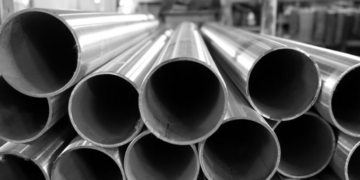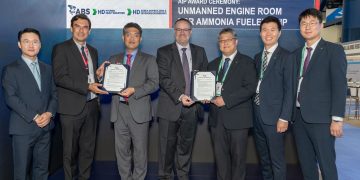LR unveils an ECA calculator
A tool to assist with strategic planning for SOX compliance with MARPOL Annex VI, Regulation 14 Lloyd's Register (LR) recently introduced an ECA Calculator, a tool which is claimed to assist with strategic planning for SOX compliance with MARPOL Annex VI, Regulation 14.At present, the majority of vessels choose to comply with the current 1% ECA requirement by operating with a fuel of lower sulphur content where required. In the majority of cases this is residual fuel oil.In the future, however, in order to meet the 0.10% and 0.50% maximum allowable sulphur contents required within an ECA from 2015 onwards and in all other areas from 2020/2025 respectively, distillate fuel is likely to be used.Crucially, however, MARPOL Annex VI allows, under Regulation 4, the use of an equivalent compliance method, which is at least as effective in terms of emissions reduction as the levels required by regulation 14 (which limits the sulphur content of fuel). One of these methods is the use of an exhaust gas cleaning system (EGCS).As a result of the current and impending situation, (ie 2015 = 0.10% limit within an ECA and 2020/2025 = 0.50% outside an ECA) operators may need to evaluate their position in ...
Read more

























































